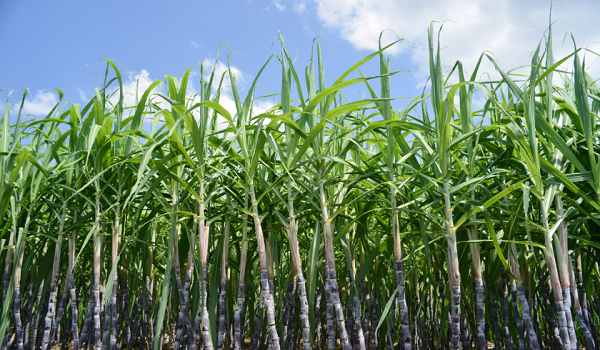Animal rights group PETA India has identified a significant opportunity for leveraging India’s vast sugarcane production to expand the use of sugarcane-based vegan leather. With India being the world’s second-largest sugar producer after Brazil, cultivating sugarcane across 55-60 million hectares, this initiative could revolutionize the use of agricultural waste.
PETA India highlighted that the technology developed by PA Footwear P Ltd, a company specializing in vegan leather alternatives, can effectively utilize sugarcane waste. PA Footwear, in collaboration with the National Institute for Interdisciplinary Science and Technology, has created Vegan Virya, a leather alternative primarily made from sugarcane bagasse. This innovative material has received the “PETA-Approved Vegan” certification.
“India is one of the largest producers of sugarcane globally, so PA Footwear P Ltd’s technology presents a significant opportunity to utilize sugarcane waste effectively,” PETA India said in a statement.
Key Highlights:
- Sugarcane Production: India grows sugarcane in 55-60 million hectares, being the second-largest producer globally.
- Vegan Virya: A leather alternative made from over 95% plant-based elements, prominently sugarcane bagasse, and 60% agro waste content.
- PETA-Approved: Vegan Virya has received certification from PETA India.
PA Footwear Vice Chair Chinnasami Anbumalar emphasized the eco-friendly nature of Vegan Virya, which is over 95% plant-based. Several Indian companies are adopting more sustainable and ethical practices in the fashion industry, with brands like Virgio, launched by former Myntra CEO Amar Nagaram, and Allen Solly of Aditya Birla Fashion and Retail Ltd joining the vegan trend.
PETA India Chief Corporate Liaison Ashima Kukreja urged more companies to embrace vegan materials, citing leather and wool as major pollutants in the fashion industry. Other Indian retailers that have received PETA’s vegan certification include Lusso Lifestyle, IMARS Fashion, and The CAI store.
Industry analysts suggest that the move towards vegan leather could help India capitalize on its agricultural strengths while meeting growing consumer demand for sustainable fashion options.


